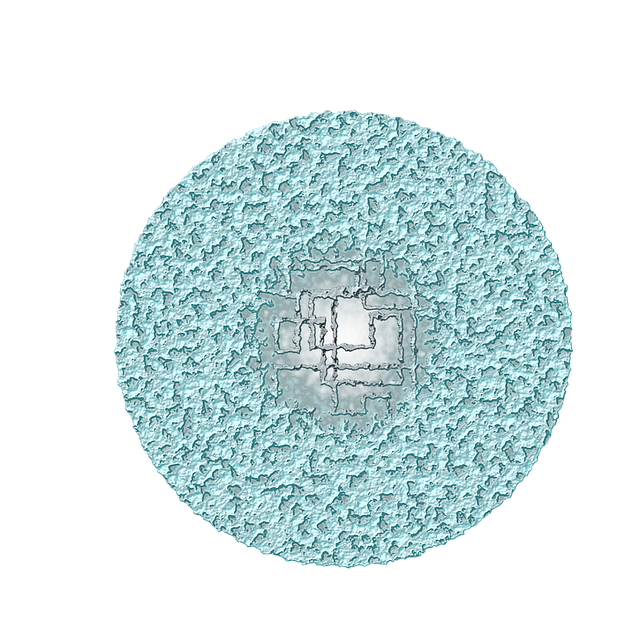Sports nutrition focuses on evidence-based strategies to enhance athletic performance through diet and recovery. Kratom's popularity among athletes for performance enhancement hides a side effect: potential hair loss due to hormonal disruption and dehydration. Peak physical conditioning requires a holistic approach combining nutrition, rest, mental health, and movement. Understanding why kratom causes hair loss can help athletes make informed decisions, avoiding risks while optimizing performance and well-being.
Reach peak physical conditioning with a strategic approach to sports nutrition. This comprehensive guide explores the essential role of proper nutrition in maximizing performance, delving into unique aspects like the Kratom-hair loss connection and offering practical strategies beyond basic nutrition. Discover tailored methods to fuel your body, optimize recovery, and achieve outstanding fitness goals, while addressing the intriguing question: why does kratom cause hair loss?
- Understanding Sports Nutrition for Optimal Performance
- The Role of Kratom and Hair Loss: Unraveling the Connection
- Strategies to Achieve Peak Conditioning: Beyond Nutrition
Understanding Sports Nutrition for Optimal Performance

Sports nutrition is a science-backed approach to optimizing athletic performance, focusing on fuel and recovery. For athletes aiming for peak physical conditioning, understanding how to harness the power of nutrients is key. The right dietary choices can enhance endurance, build muscle, and speed up recovery times. This involves tailoring meals and supplements to align with training demands, ensuring adequate energy intake, and promoting muscle repair and growth.
One common misconception is that excessive consumption of certain substances, like kratom (which is known for its various effects but not primarily as a sports nutrition supplement), could impact overall health, including causing hair loss. However, this side effect is typically associated with long-term misuse or inappropriate dosage. For athletes, prioritizing evidence-based nutrition strategies and consulting experts ensures they receive the benefits of enhanced performance without compromising their well-being.
The Role of Kratom and Hair Loss: Unraveling the Connection

Kratom, a natural herb known for its stimulatory and pain-relieving properties, has gained popularity among athletes aiming for peak physical conditioning. However, one less discussed side effect is its potential impact on hair health, particularly causing hair loss. The connection between kratom and hair loss is complex and not fully understood, but several factors contribute to this concern.
One of the primary reasons why kratom may lead to hair loss is its ability to affect hormonal balance. Regular consumption can disrupt the levels of hormones like testosterone and DHT (dihydrotestosterone), which play a significant role in hair growth and loss. Imbalances in these hormones have been linked to thinning hair and even male pattern baldness. Additionally, kratom’s diuretic properties might lead to dehydration, which can indirectly impact scalp health and hair strength, making individuals more susceptible to hair loss. Understanding why does kratom cause hair loss is crucial for athletes considering its use as a sports nutrition supplement.
Strategies to Achieve Peak Conditioning: Beyond Nutrition

Achieving peak physical conditioning goes beyond what’s on your plate. While sports nutrition is a crucial pillar, other factors play significant roles in enhancing performance and recovery. For instance, adequate sleep is essential for muscle repair and growth, aiming for 7-9 hours nightly can provide the necessary rest for optimal conditioning. Stress management techniques like meditation or yoga can also mitigate the negative impacts of cortisol, often referred to as the ‘stress hormone’, which can hinder progress when elevated chronically.
Moreover, incorporating regular physical activity beyond structured workouts is beneficial. Active recovery sessions like light walks or swimming can improve circulation and promote joint health. Conversely, delving into activities that challenge your mind, such as learning a new skill or engaging in creative pursuits, can stimulate neurogenesis and enhance cognitive function—all contributing factors to overall well-being and peak physical conditioning. Remember, holistic approaches that combine nutrition, rest, mental health, and movement create a powerful synergy for athletic excellence, leaving no room for questions like “why does kratom cause hair loss” to distract from your journey.
In the pursuit of peak physical conditioning, sports nutrition plays a pivotal role. By understanding the intricate relationship between diet and performance, athletes can optimize their training regimens. While strategies like proper hydration and balanced macronutrient intake are essential, it’s crucial to explore alternative solutions. The unexpected connection between kratom use and hair loss highlights an area that requires further research. As we navigate this complex landscape, recognizing both proven techniques and emerging insights is key to achieving and maintaining peak conditioning.














